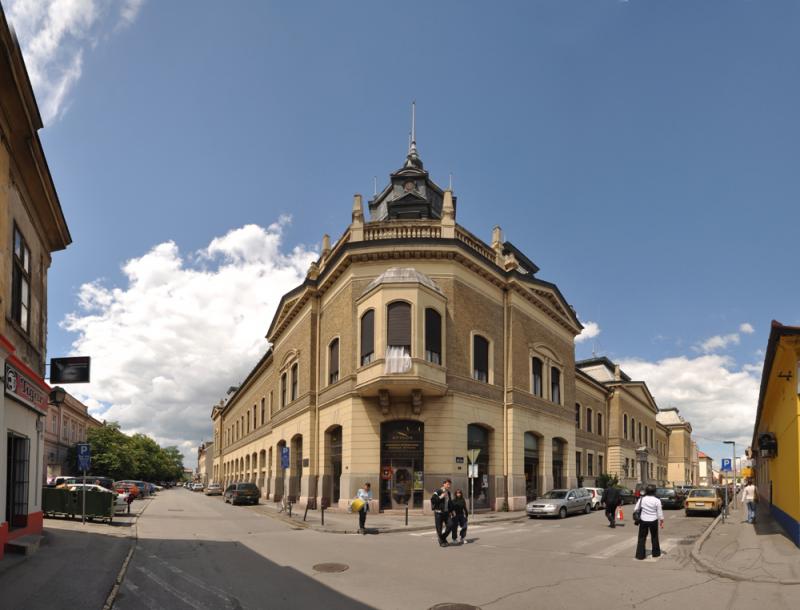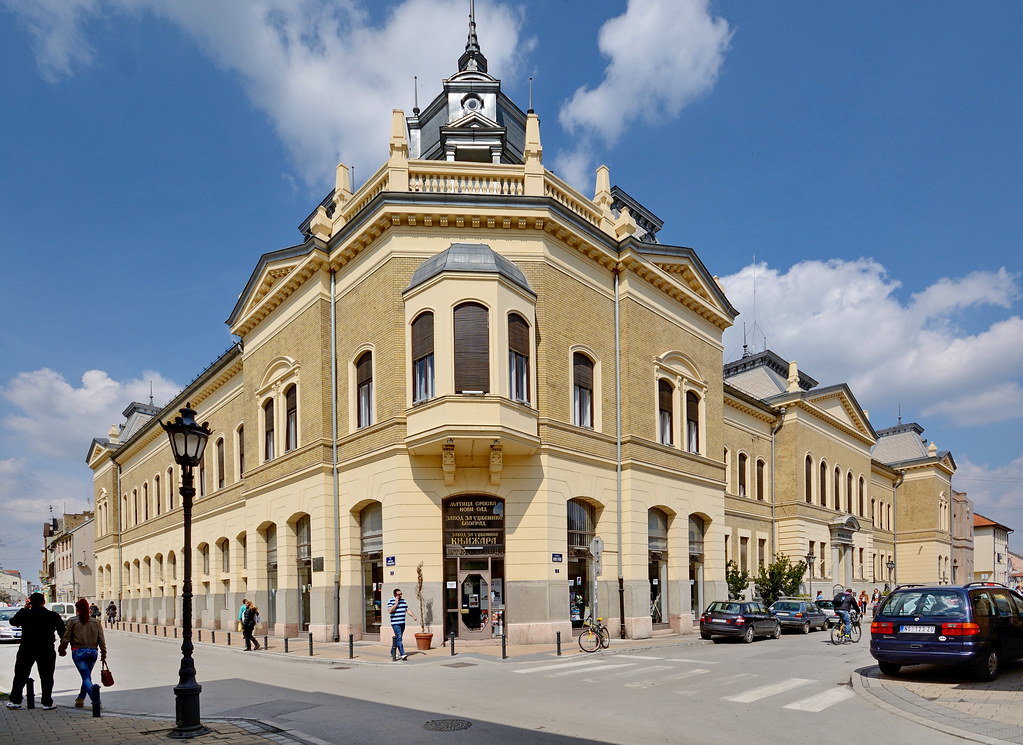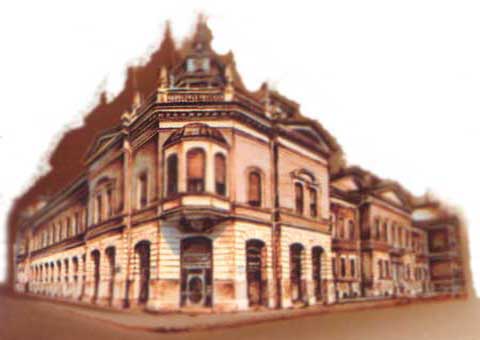Matica srpska
The Matica srpska (German Serbian ancestress, from the old Slavic " matica " for " source ", "origin" ) is a major Serb cultural club.
The Matica srpska (now Budapest) founded in 1826 after the model of the Hungarian Scientific Society in Pest. After Prohibition and interruption of work, she took the seat in 1864 in Novi Sad. The Matica srpska, anchored in the Serbian bourgeoisie, supported students with scholarships and worked out the culture and education of the Serbian people to escape the ecclesiastical influence. The reforms of Vuk Karadžić, particularly the phonetic spelling, the club refused at first. The main objective before the First World War was to raise the national consciousness of the Serbs in Hungary.
In the Kingdom of Serbs, Croats and Slovenes Matica srpska which lost its leading role in the cultural life.
After the Second World War, the Matica srpska was a scientific and cultural institution that exerted influence on the whole Serbo-Croatian language area and the Yugoslav culture. 1954 invited the Matica srpska one to the meeting that led to the Serbo-Croatian language to the so-called agreement of Novi Sad. They also gave out various dictionaries and encyclopedias.









